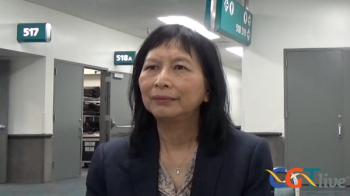
The principal investigator at Seattle Children’s Research Institute discussed the potential of new delivery methods and gene editing to overcome the limitations of AAV vector-based gene therapies.

The principal investigator at Seattle Children’s Research Institute discussed the potential of new delivery methods and gene editing to overcome the limitations of AAV vector-based gene therapies.
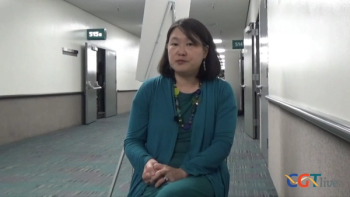
The senior investigator at the National Cancer Institute Center for Cancer Research discussed unmet needs that remain and further research to be done.
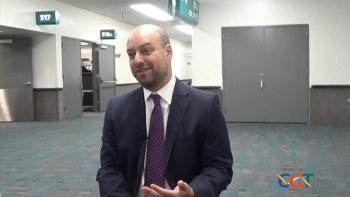
The senior research fellow at Fred Hutch Cancer Center discussed research trends at the 2023 ASGCT meeting.
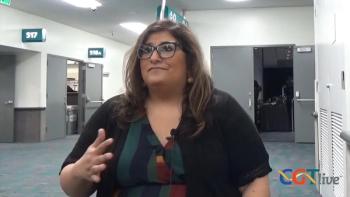
The professor of medicine at University of California San Diego discussed preclinical data on the LX2020 gene therapy.
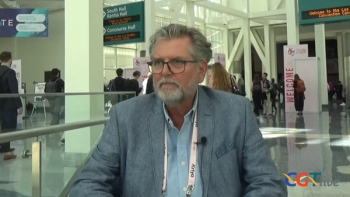
The professor at Ohio State University and University of California – San Francisco discussed investigations with different delivery methods of GDNF gene therapy.

Mary “Nora” Disis, MD, director of University of Washington Medicine’s Cancer Vaccine institute, discussed past and current clinical trials for investigational CAR-T therapies in ovarian cancer.
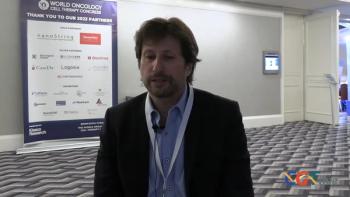
The cofounder and chief executive officer of NKILT Therapeutics discussed unique advantages of the CIR platform.

Mary “Nora” Disis, MD, director of University of Washington Medicine’s Cancer Vaccine institute, discussed research she coauthored that was presented at ASCO’s 2023 conference.
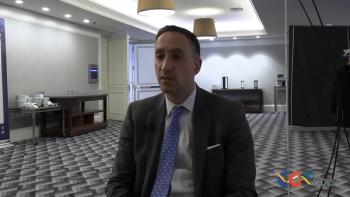
The chief medical officer of Trisalus Life Sciences discussed studies evaluating the company’s PEDD system.
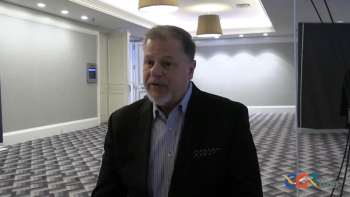
The vice president of business development and alliances at Prescient Therapeutics discussed advantages of the OmniCAR, SpyTag, and SpyCatcher technologies.

Susan Bal, MD, assistant professor of medicine at University of Alabama – Birmingham, discussed new data on BMS-986393.
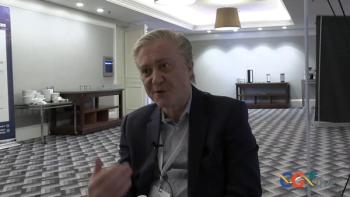
The scientific cofounder and chief executive officer of Alloplex Biotherapeutics discussed progress of the phase 1 trial and possible future evaluations of the therapy.
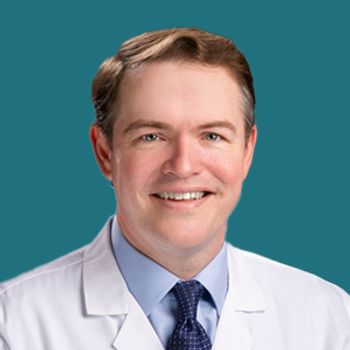
Jason Westin, MD, FASCP, the director of the Lymphoma Clinical Research Program at University of Texas MD Anderson Cancer Center, discussed factors that limit patient access to treatment and a potential solution.
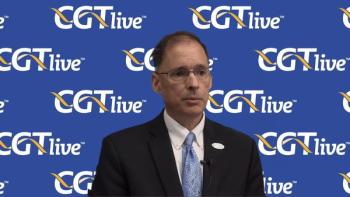
The director of the Medical Oncology Service at the National Cancer Institute discussed the START-001 trial.

The director of the Lymphoma Clinical Research Program at University of Texas MD Anderson Cancer Center discussed axi-cel's safety profile and an important factor for improving access to CAR-T therapies.
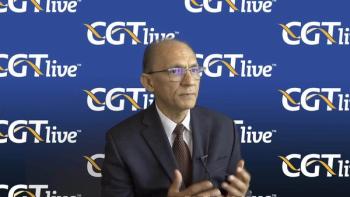
The associate professor from Dana Farber Cancer Center and Harvard Medical School discussed continued efficacy and safety data presented at the 2023 EHA Meeting.

Jason Westin, MD, FASCP, the director of the Lymphoma Clinical Research Program at University of Texas MD Anderson Cancer Center, discussed the implications of data he presented at ASCO’s 2023 conference.
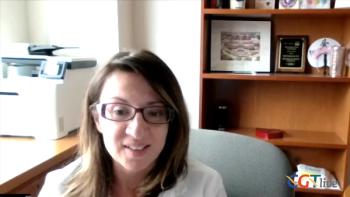
The assistant professor at MD Anderson Cancer Center discussed new data she presented at the 2023 ASCO Meeting.

Data from a phase 1/2 clinical trial of NRTX-1001 were presented at the ISSCR 2023 Annual Meeting.
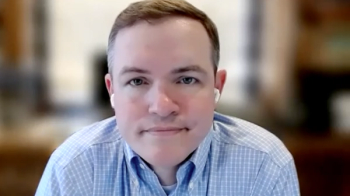
The director of the Lymphoma Clinical Research Program at University of Texas MD Anderson Cancer Center discussed recent and ongoing studies that are upending the paradigm in LBCL care.
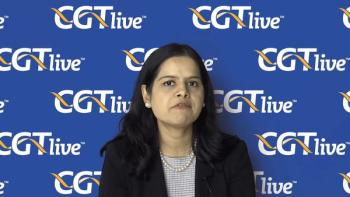
The assistant professor of medicine at University of Alabama – Birmingham discussed efficacy findings on BMS-986983 and more research to be done.
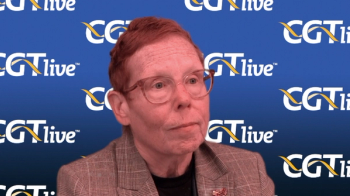
The director of University of Washington Medicine’s Cancer Vaccine institute discussed the importance of continuing to develop new CAR-T approaches in the ovarian cancer field despite initial setbacks.
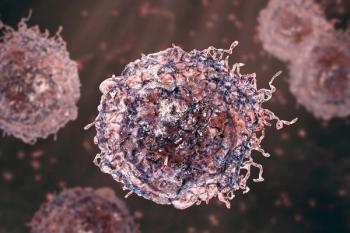
Two of 6 patients in the WM cohort achieved a complete response and 16 of 20 patients in the FL cohort achieved a complete response.
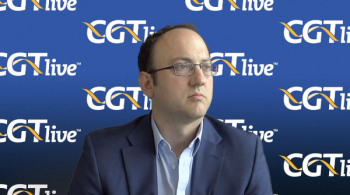
The assistant professor of medicine in the Division of Blood and Marrow Transplantation and Cellular Therapy at Stanford University discussed potential methods for optimizing CAR-T efficacy that could be explored in the future.
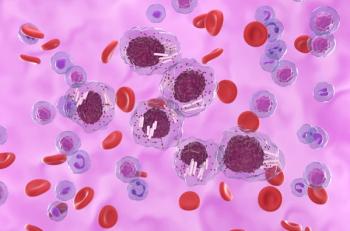
The phase 1/2 Euplagia-1 trial is currently ongoing in Europe.

Betty Woo, the vice president and general manager of cell, gene, & advanced therapies at Thermo Fisher Scientific, discussed the challenges that exist in gene therapy and cell therapy manufacturing and potential solutions.
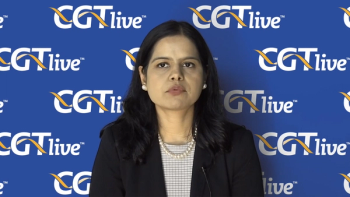
The assistant professor of medicine at University of Alabama – Birmingham discussed new data from the first-in-human trial of the CAR T-cell therapy.
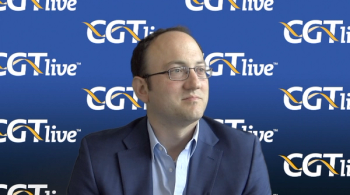
The assistant professor of medicine in the Division of Blood and Marrow Transplantation and Cellular Therapy at Stanford University discussed the safety and efficacy results he presented at EHA’s 2023 congress.
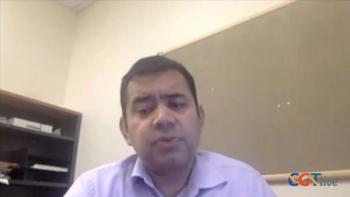
The associate professor at Medical College of Wisconsin discussed new findings from the CARTITUDE-4 study.
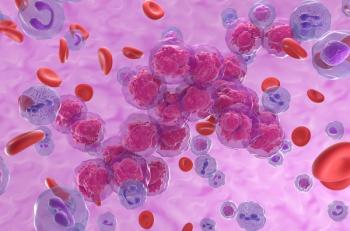
The objective response rate among patients treated at DL2 and DL3 who were evaluable for efficacy was 57%.